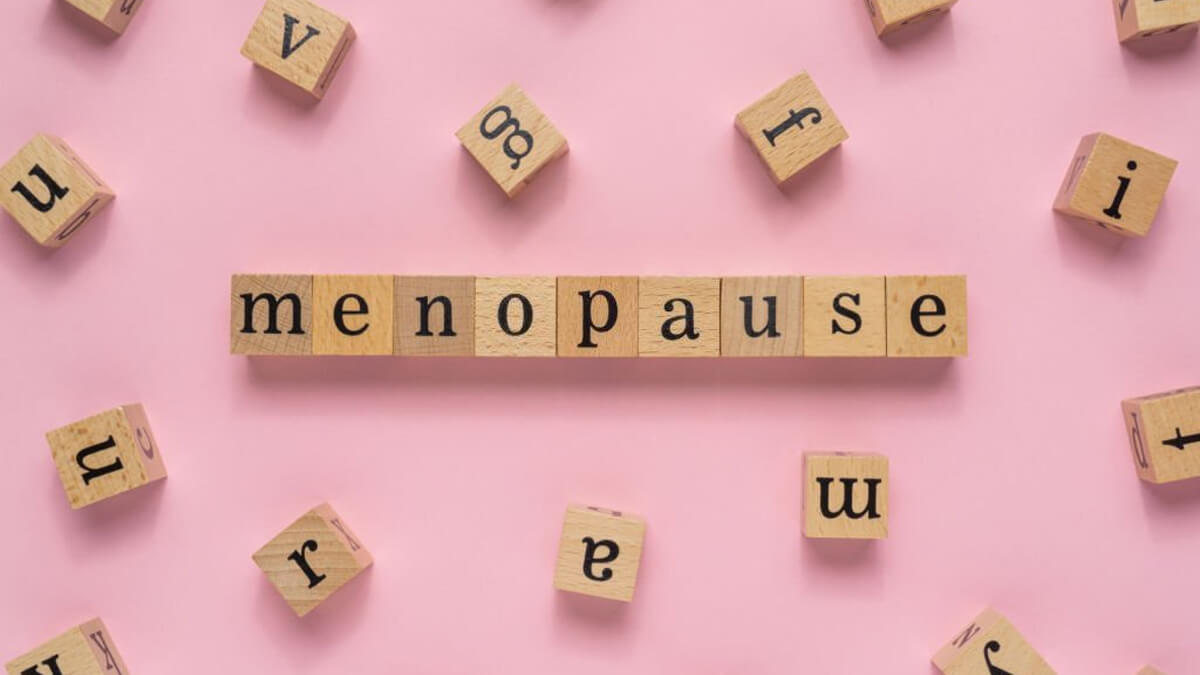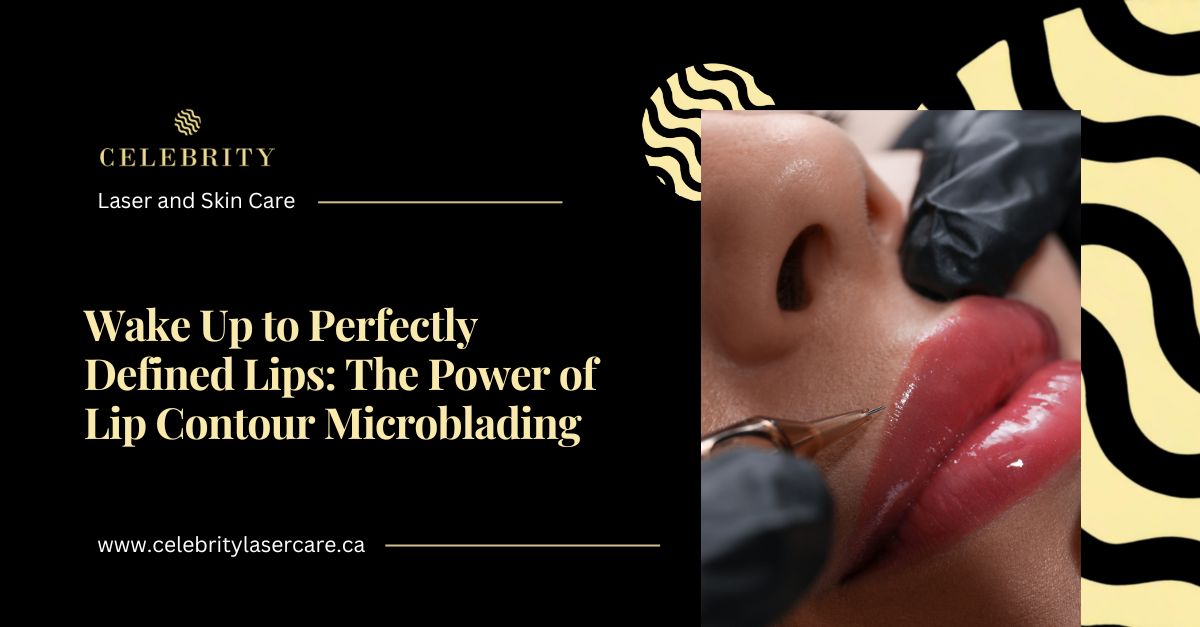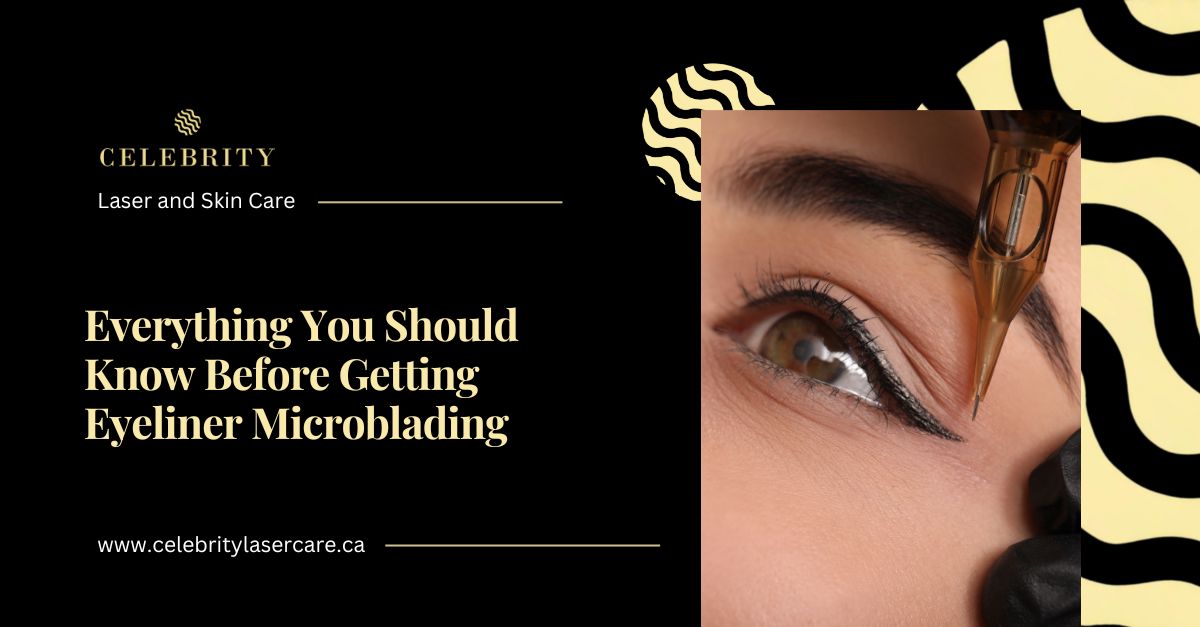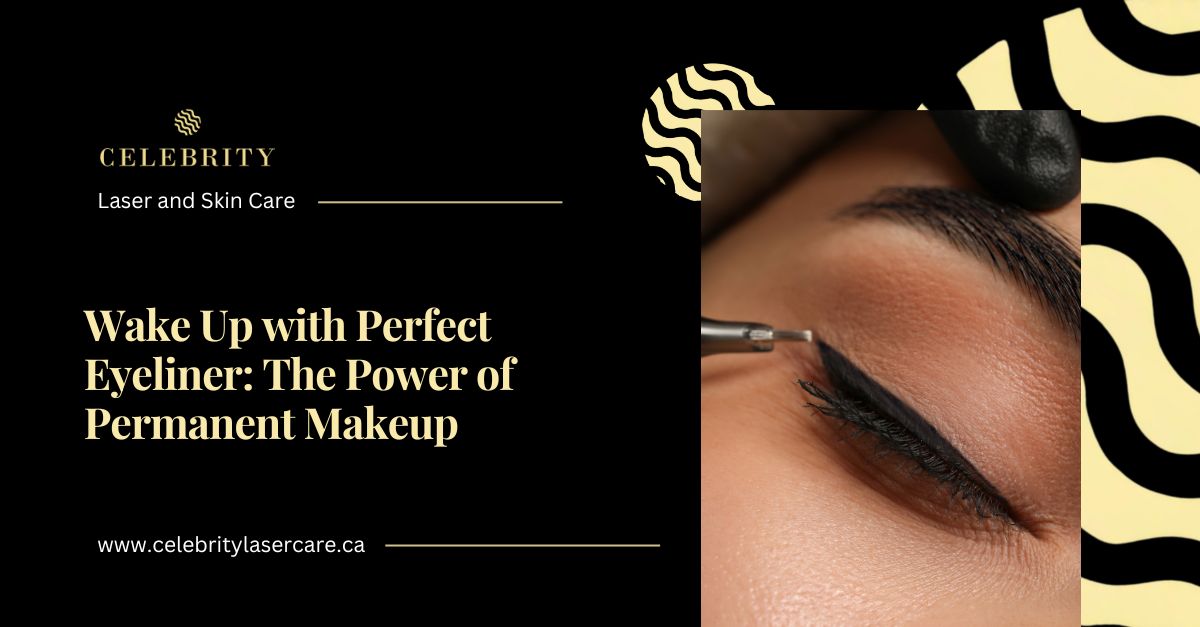Your skin and hair may alter noticeably when you enter menopause, which starts one year after your last period. Your skin may appear dry, limp, and thin when your hormone levels drop. You might notice that your face has more hair and your scalp has less. Moreover, hormonal changes brought on by menopause might cause dryness, uneven skin tone and texture, and susceptibility to UV rays. Here are some tips for keeping your skin healthy at this time of life.
What skin changes occur during menopause?
Menopause does not occur suddenly. The official definition of it is missing a period for a full year. While the exact timing varies from person to person, it usually happens around age 51. Several negative outcomes result from this hormonal shift, including:
- Decreased collagen production
- Increased fine lines and wrinkles
- Thinner, looser skin
- Vaginal dryness
- Increased facial hair
Skin changes are quite typical during menopause. Your skin may feel thin and dry before and throughout this period, or you may detect more wrinkles. Because of hormonal changes during menopause, some people may develop acne.
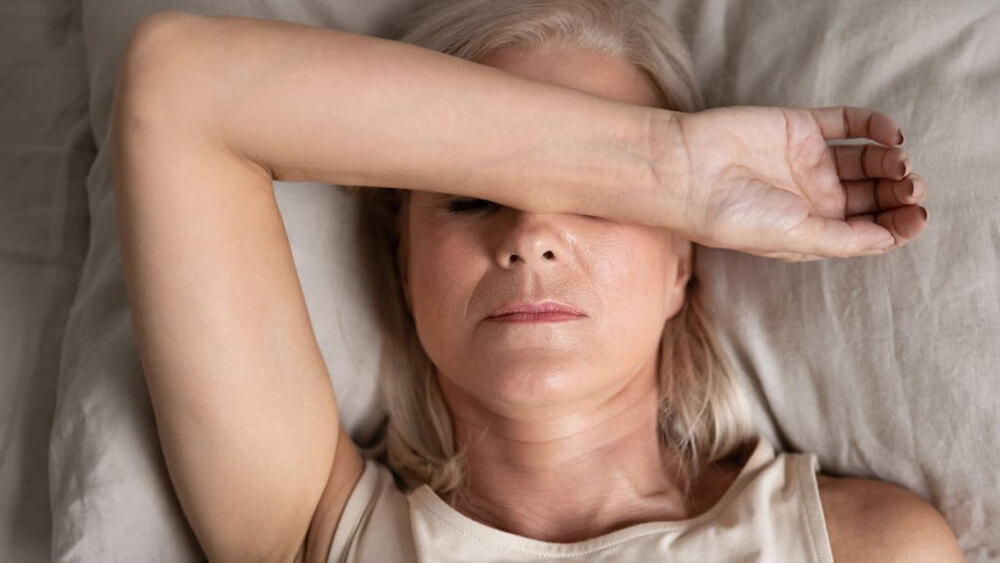
How to improve menopause skin changes
To improve health today and in the future, it is always a good idea to lead a deliberate, healthy lifestyle. Try to exercise every day, concentrate on healthy eating, stay hydrated, limit alcohol consumption, and don’t smoke. Once the hot flush or perspiration has subsided, itching episodes might be brought on by wet skin and sudden temperature changes. Don’t use soap or abrasive facial cleaners. Use a face moisturizer regularly to keep your skin hydrated; crucial elements to look for are hyaluronic acid and ceramide. Skin treatments such as HydraFacial and Microdermabrasion are also recommended.
What is Hormone therapy?
The most successful method for treating menopausal hot flashes and night sweats is systemic estrogen therapy, which can be administered as pills, skin patches, sprays, gels, or creams. Your doctor might suggest estrogen at the lowest dose necessary to relieve your symptoms based on your individual needs and your family’s medical history. Progestin is necessary for addition to estrogen if your uterus is still present.

Taking care of your skin during menopause in Vancouver
As we age, the skin ages. However, menopause causes hormonal changes in women who are menstruation, such as lower estrogen levels. This may cause or hasten the aging process of the skin. People could see more fine lines, wrinkles, dryness, facial hair, acne, and discoloration during and after menopause. While aging cannot be entirely avoided, several treatments can help lessen some of its visible signs and symptoms. At celebrity laser and skincare located in Vancouver, we provide the latest anti-aging therapies available. You can book an appointment on our website for a consultation.
